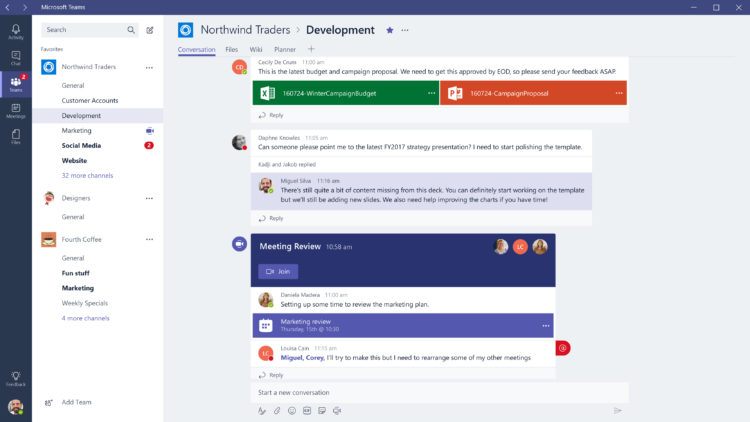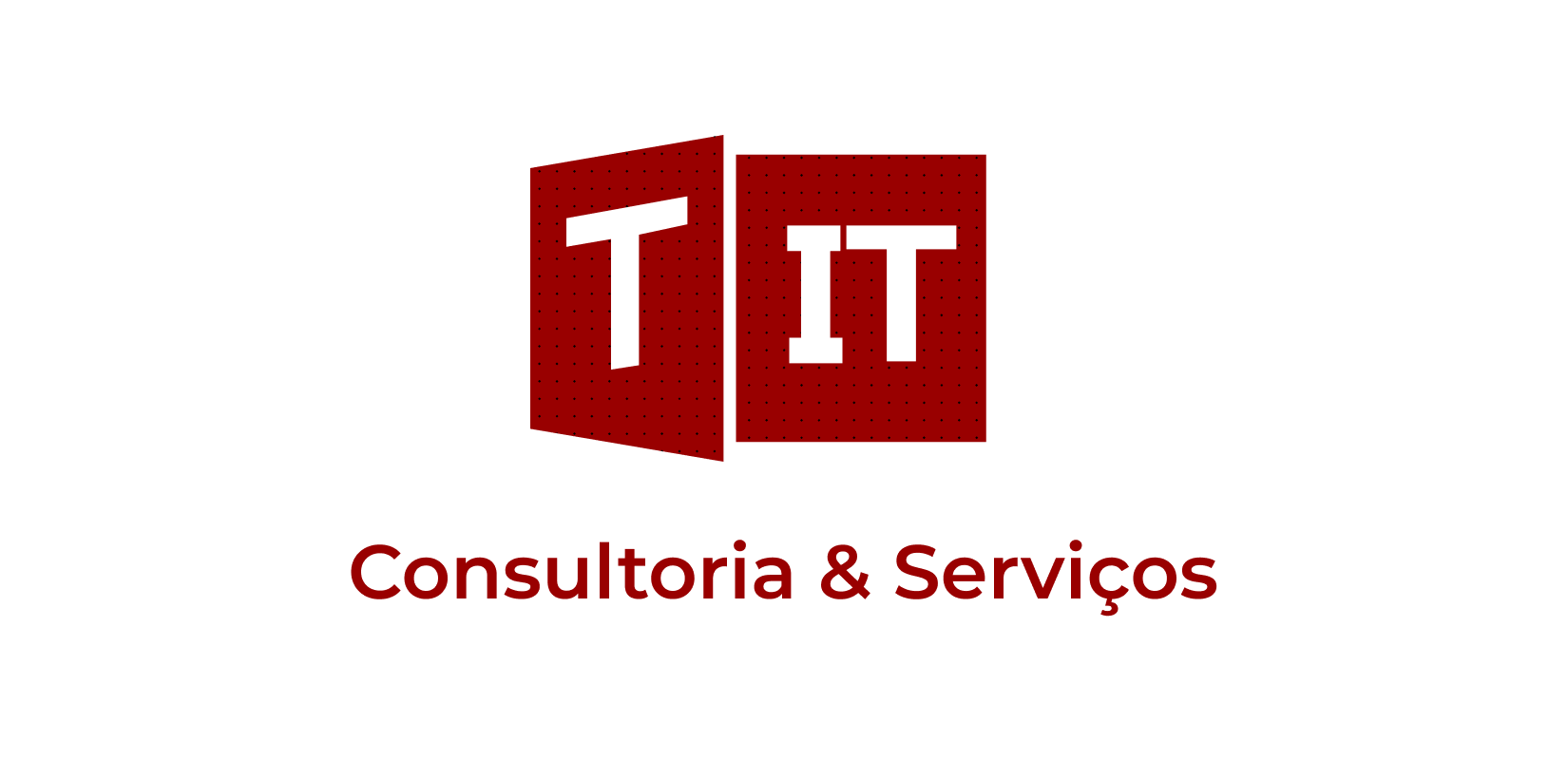Common mistakes that companies make when implementing new technology like Microsoft Teams.
- Lack of Training and Communication: One of the biggest mistakes that companies make when rolling out new technology is failing to provide proper training and communication to employees. Teams is a complex tool that requires training and education to be used to its fullest potential. Companies need to provide their employees with the necessary training to understand how Teams work and how to use it effectively.
- Inadequate Planning: Rolling out a new tool like Teams requires careful planning to ensure it meets the needs of the organization. Companies should define the goals they want to achieve with Teams and develop a comprehensive plan to achieve those goals. This includes defining user roles, creating channels, and customizing the platform to meet the needs of the organization.
- Ignoring User Feedback: Companies should actively seek feedback from users to understand how Teams can be improved to meet their needs. This includes soliciting feedback from employees during the planning phase and regularly collecting feedback after Teams has been rolled out. Failure to address user feedback can lead to a lack of adoption and user resistance.
- Lack of Integration with Other Tools: Companies that fail to integrate Teams with other tools and platforms may hinder their ability to collaborate effectively. Integration with other tools like email, project management software, and customer relationship management (CRM) systems can help streamline workflows and improve collaboration.
- Overcomplicating the Platform: Companies should aim to keep Teams simple and easy to use. Overcomplicating the platform with unnecessary features or functionality can lead to confusion and reduce adoption. Companies should focus on the features that are most relevant to their organization and avoid overwhelming employees with too many options.
- Insufficient Bandwidth & Technical Issues: Teams require a stable and fast internet connection, insufficient bandwidth can cause technical issues and negatively impact productivity.
- Data Privacy & Security Concerns: Teams store sensitive data in the cloud, so it’s crucial to ensure data privacy and security through proper configuration and monitoring.
- Overlooking User Adoption & Engagement: Teams can only be successful if users adopt and engage with the platform, it’s important to prioritize user adoption and engagement strategies.
- Ignoring Governance & Compliance: Teams must adhere to various governance and compliance requirements, and organizations need to have policies and processes in place to ensure compliance.
Overall, these are some of the common mistakes that companies make when rolling out Microsoft Teams. Companies should carefully plan the implementation of Teams, provide adequate training and support, seek user feedback, and integrate Teams with other tools and platforms to ensure successful adoption and use.
Related Topics:














 Follow @cardiolog
Follow @cardiolog 